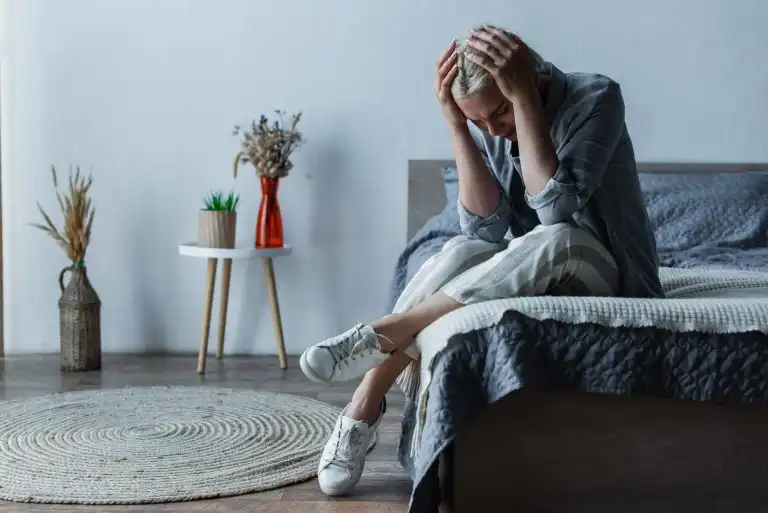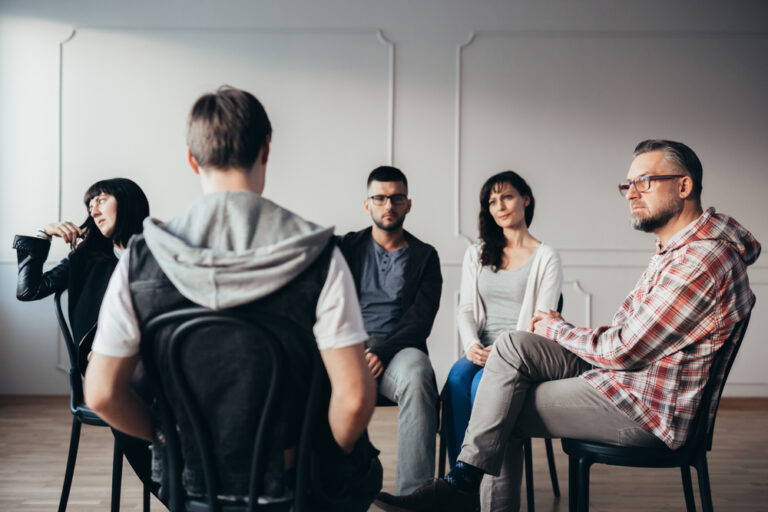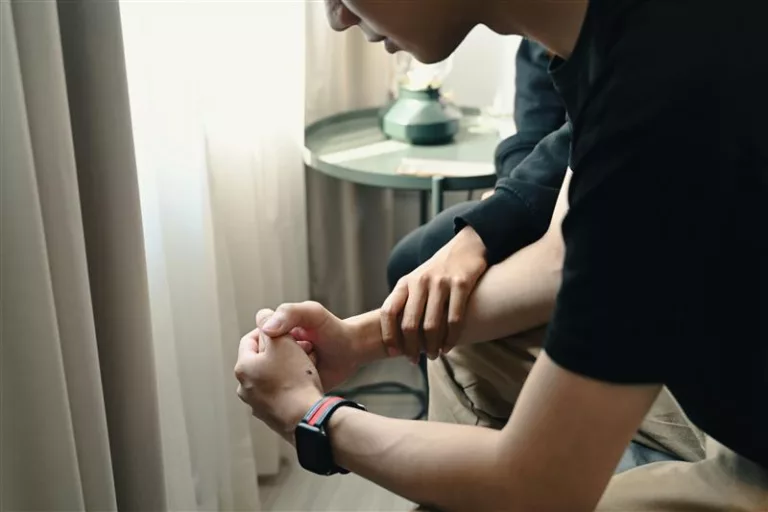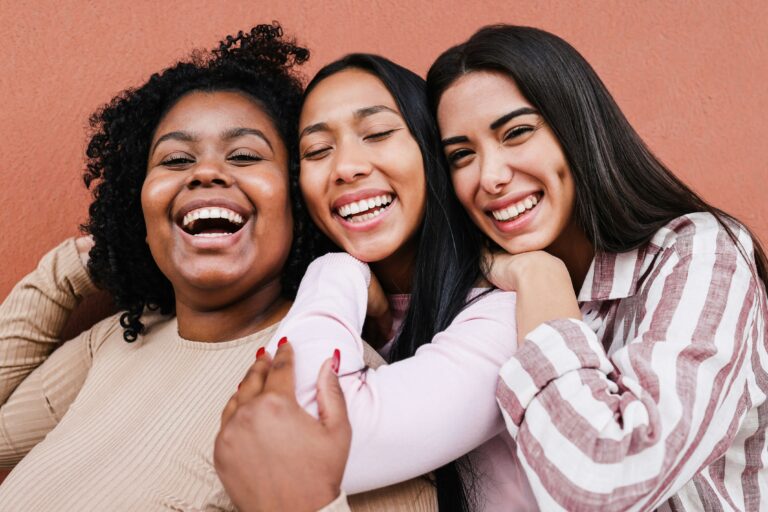It’s true that you can feel better just by receiving another’s affectionate touch. After all we all have receptors in our skin that send messages directly to the brain. Just think about the last time you were given a hug or a pat on the back or someone putting their arm around your shoulders. And this feel good sense can be especially strong if the touch is given by a person whom you love or care about. In fact, it has been shown that you can get a boost of Oxytocin, often referred to as “the feel good hormone” from this sort of physical affection. This hormone promotes positive feelings and builds and maintains a positive outlook, which is why it feels so good! Research featured in Biological Psychiatry magazine explains that it’s long lasting too, the benefits of human touch given to newborns being measurable even 10 years after birth.
Similar Posts

Why Can’t I Cry? The Unexpected Symptoms of Depression
Depressive Disorder is a difficult to diagnose and difficult to treat disease that affects millions of Americans and people across the globe. Most are aware of typical signs of depression: including consistent low mood, lack of interest in what was once enjoyed, and general lethargy or exhaustion. However, there are lesser-known signs of depression that…

Why Your Phone Is Ruining Your Sleep—and How to Stop It
Have you ever wondered why you feel tired even after spending hours in bed? Your nighttime phone habits might be to blame. Picture this: You climb into bed, ready to catch up on some much-needed rest. But instead of drifting off to dreamland, you find yourself scrolling through Instagram reels or replying to late-night texts….

Dealing with Depression During Menopause
Depression and menopause and both challenging, and often painful, experiences in life. So it can be very trying when they are experienced at the same time, which happens for approximately one in five women. But we should not be surprised that these two conditions often overlap, since we know there is a relationship between hormonal…

Women, Men and PTSD Q&A
Why are women more likely to develop PTSD than men?Women are more than two and a half times as likely to develop PTSD than men: 10% for women vs. 4% for men. And there are a number of reasons women experience PTSD more frequently than men:Women are more likely to experience sexual assault than men,Being…

How to Support Loved Ones with Depression and Anxiety
Supporting someone with depression and anxiety can feel like navigating uncharted waters. These mental health challenges often come with invisible struggles that affect every aspect of life, from relationships to daily routines. For loved ones, it can be difficult to know the right words to say or actions to take to truly help. Empathy and…

Mental Health Trends Taking Over the Workplace in 2025
A New Era for Workplace Mental Wellness Not long ago, mental health in the workplace was the elephant in the room—acknowledged quietly, if at all. People showed up to work burned out, sleep-deprived, and emotionally drained, yet felt pressured to slap on a smile and “push through.” Mental health days? Unheard of. Talking to your…